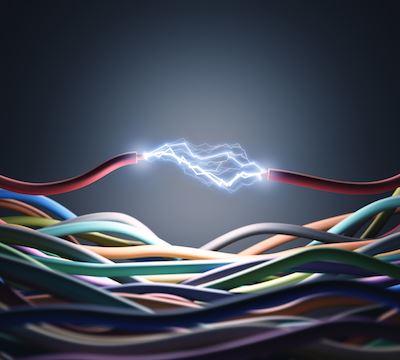What’s the most powerful system in your home? Your electrical system tops the list.
It’s also one of the most hazardous. While we take electricity for granted, always expecting it to be there when we flip a switch or insert a plug into an outlet, even those simple acts can be dangerous if your system isn’t operating the correct way.
 A comprehensive electrical inspection can ensure that everything in your home is working properly. It may include:
A comprehensive electrical inspection can ensure that everything in your home is working properly. It may include:
- Checking for uncovered permanent wiring
- Checking for exposed wiring
- Checking for outdated wiring
- Looking for safety hazards
- Testing safety switches
- Examining the power box
- Testing lighting
- Evaluating the electrical service
- Looking for DIY wiring
- Checking systems such as smoke and carbon monoxide and testing them
- Looking for electrical items that don’t comply with current regulations
When should you request an inspection?
Before you purchase a house
Prior to purchasing a new-to-you home, it’s important to identify any potentially dangerous situations before you agree to buy and move your family in. It can point out where problems lie and show you where expensive repair bills may pop up at any time.
While some inspections are part of the overall pre-purchase property inspection report, it’s important to ensure that the inspector covers the electrical system in full. If not, you should employ an electrician to look at the wiring, test the outlets, look at the electrical panel, and test alarms and ground fault circuit interrupters.
If you have an older home
Every system in your home eventually has problems. Your electrical system will start to show signs of wear before major events take place. Do you have regular power outages? Do you trip the circuit breaker on a regular basis? It may be time to have an electrician come in and verify your wiring is in good shape.
Other reasons can include:
- If the house is over 25 years old
- If you have old wiring
- If you’ve performed and DIY work in the past
- If you’ve experienced storm damage
Always use a licensed electrician for an inspection, and err on the side of caution. A delayed inspection can have hazardous, even disastrous consequences.

